Frequently Asked Questions
My mentee has made a good start to their essay, but I think I know how I would make it better. How do I approach this?
It’s really great that you feel your mentee has made progress with their essay and that you can help them! However, mentors cannot write essays themselves or tell mentees what to write. At the end of the day, admissions essays are meant to be the students’ own work and we should never be doing it for them or squashing their voice. In order to guide them in their writing, try asking questions that challenge them and prompt introspective thought to allow them to expand on their own ideas. Occasionally, this may encourage the student to completely rewrite or restart their essay – that’s fine!
Can I show my mentee my college essay(s)?
Yes, but use caution. Mentees sometimes read sample college essays online that are considered “perfect,” then get worried that their essay is sub-par. Reading other essays may also influence their writing style, causing them to stray away from their own unique voice. Encourage your mentee to write drafts on their own first, without comparing their writing or their stories to other applicants. If you feel comfortable with showing them your essay(s), you’re more than welcome to do so if you think it will help your mentee better their essay while maintaining their voice and style.
I contacted my mentee, but I have not heard back from them in several days. What should I do?
It may be that your mentee is faced with a particularly busy school period or they have made an error whilst trying to respond to you. We would suggest that you both allow up to 3 working days for a response. However, if you feel that you have not managed to make contact with your mentee for a considerable amount of time (e.g. a week) we suggest that you contact us, and we will make contact with them on your behalf.
My mentee is asking me questions I do not feel I can answer/are personal. How do I handle this situation?
It is very rare that these situations occur. If ever you feel uncomfortable about something your mentee has asked of you, we hope that you are able to respectfully tell them that you are not comfortable with sharing such information but that you are here to help them in other ways. For example, if a student asks you what your test scores were and you do not wish to disclose them, you can inform them of that and remind them of the importance of the holistic application approach the U.S. adopts (that there is more to an application than grades on paper).
If your mentee is asking you questions you do not know the answer to, don’t worry! They will understand that you are not a beacon of U.S. university application knowledge, but instead you are an invaluable resource for them when it comes to their essays and other writing materials. Please, always refer such questions to EducationUSA Spain’s Lead Academic Adviser, Nanor Demirjian (ndemirjian@educationusa.org).
I feel my mentee is asking too much of me. What do I do?
Again, this situation rarely happens. However, if you feel your mentee is asking too much of you (e.g. sending you multiple emails at all times of day or expecting immediate turn around) please tell them so, or contact us and we can talk to them on your behalf.
My mentor has asked me for advice with their personal statement for the UK (or any other country!), but I know nothing about the education system over there! What can I do to support them?
In previous years, some students have reached out to their mentees for help with UK university applications. We are aware that you may have little to no knowledge of the UK UCAS system, so if your student approaches you with this, let us know and we can send you a document with a brief overview of the UK education system. However, you’re not obliged to help with UK or other country college applications. The students know that you’re a primary source for their U.S. college application-related writing.
Can I help my mentee with other writing that they need to do, such as their resume or scholarship essays? Can I keep helping them after the Writing Mentor Program has concluded?
Absolutely! If you have enough time and feel comfortable with helping your mentee with their resume, CV, or scholarship essays, feel free to give them advice if they ask for it. If you would like more resources or advice about writing these types of documents, please reach out and we can provide you with some extra information.
Your commitment to responsibilities for the Writing Mentor Program will conclude sometime in mid-December, before the holidays and while mentees are submitting their final applications. Though you do not have to, we encourage you to keep in touch with your mentee after the program! You may continue helping them with any remaining application materials if you wish, just reach out to say hello and check in with them, etc.

Advice
Below are some pieces of advice from previous Writing Mentors after completing the program. We hope that you find them helpful and motivating before getting started!
“Enjoy being able to learn more about your mentee; it is a special gift to be able to work with them and watch them grow!”
“Recognize that it takes a lot of planning and organization to get everything done on time, and further recognize that such planning doesn’t always come naturally to students, especially when they are busy with courses. Make a timeline early and try your best to adhere to it…”
“Make some time during your meetings to chat with your mentee about life in Spain – it’s really interesting to learn from their perspectives and a fun way to get to know each other. It was also helpful for me to have a sense of what was going on at school during a given week so that I’d know how much work was reasonable to expect [my mentee] to complete.”
“Ask what your mentee needs and go with their schedule. Make sure their writing represents them…”
“No such thing as too communicative.”
“Get to know your mentee outside of your role as a mentor– find out their interests and try to make a connection BEFORE you start working together. Building a level of trust is so important!”
